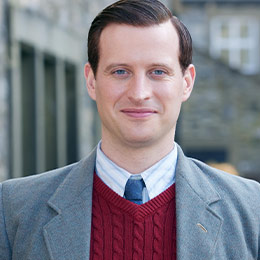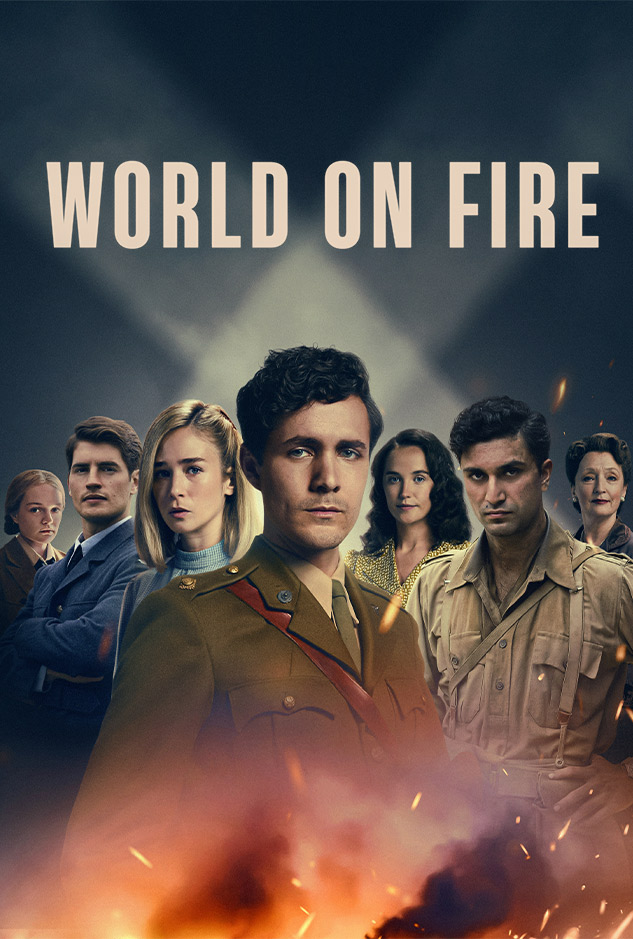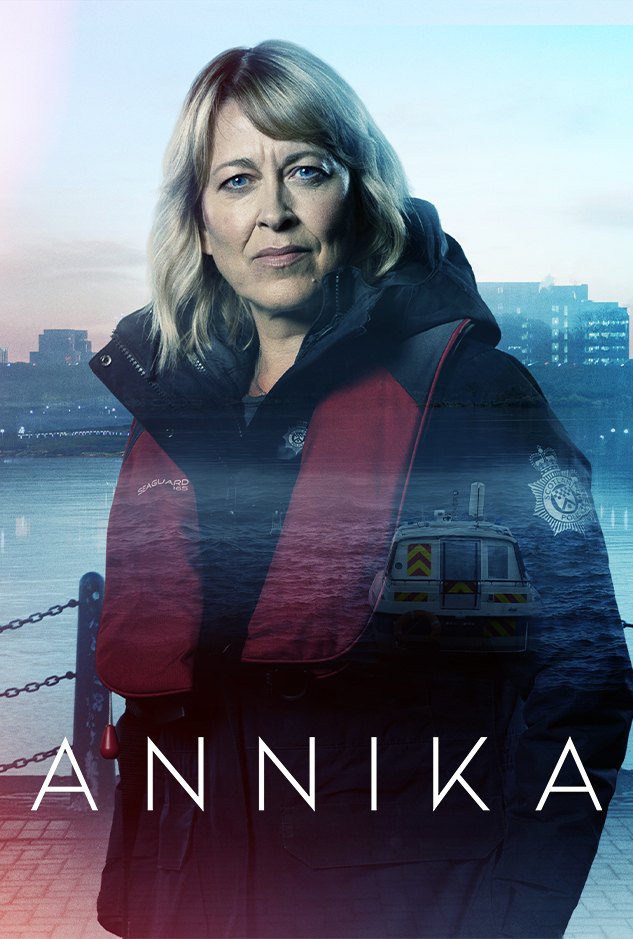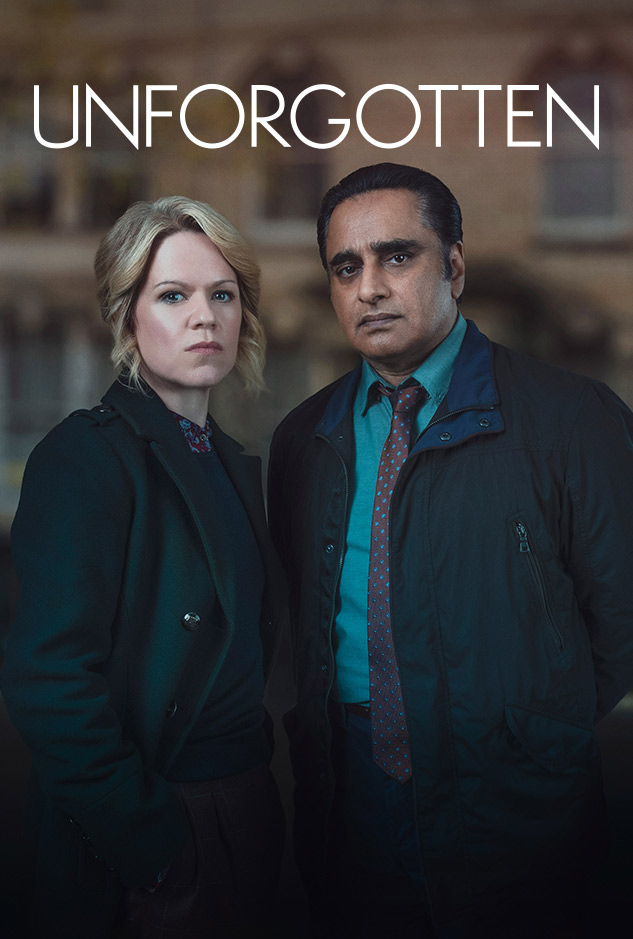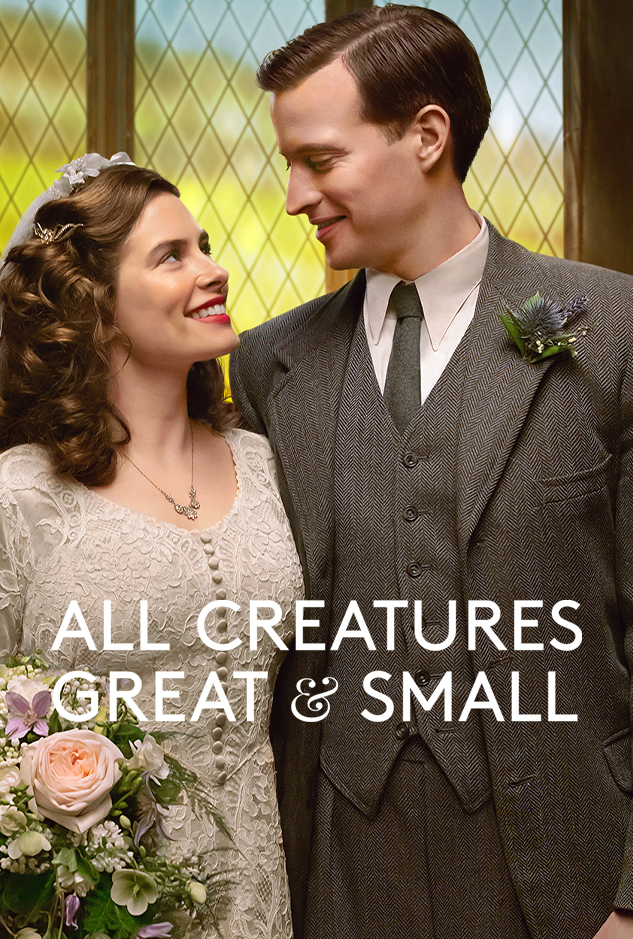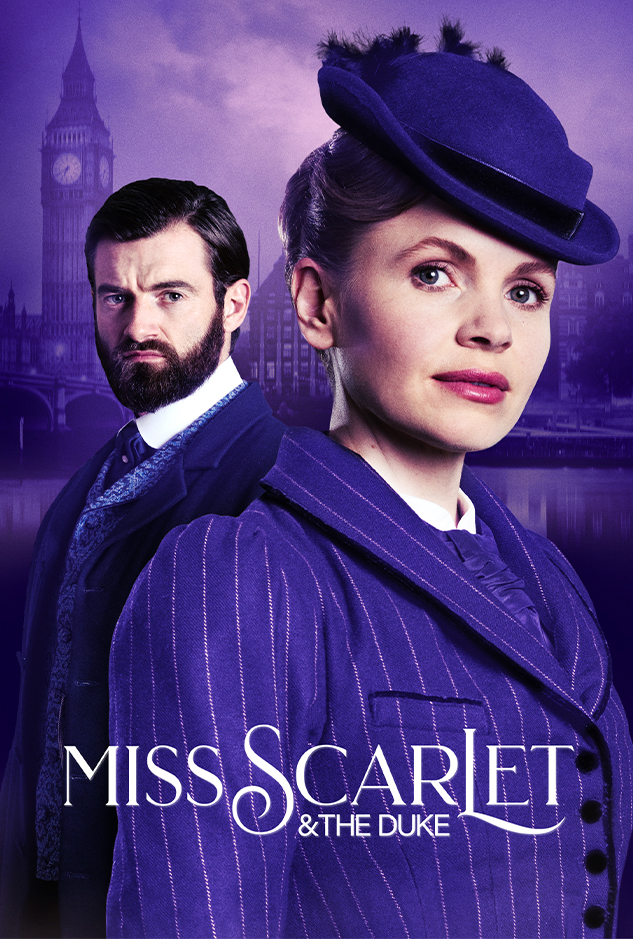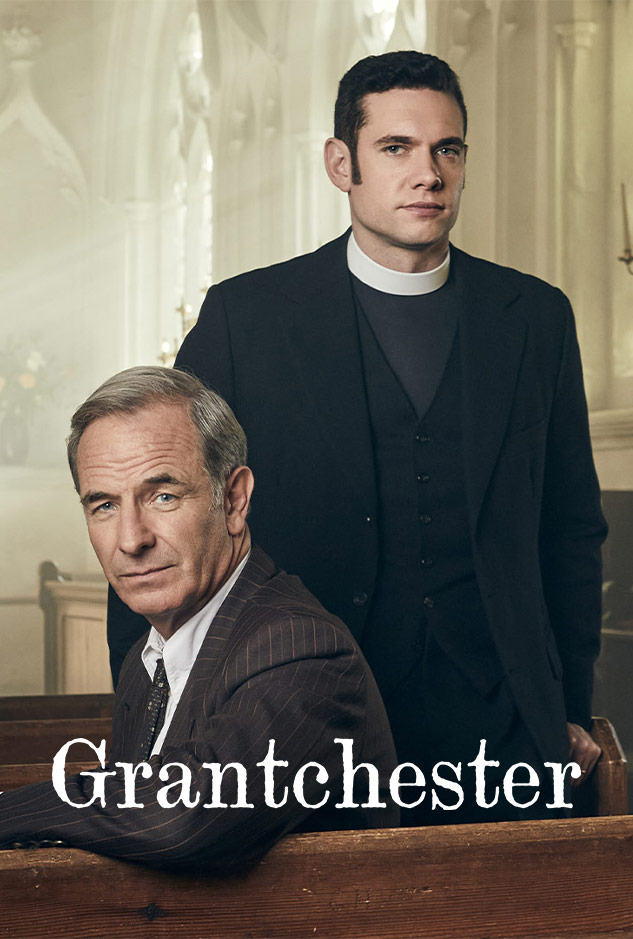Fascinating Facts about All Creatures Great and Small


Get rare insights into All Creatures Great and Small from head writer and EP Ben Vanstone, who reveals surprising and fascinating facts about the creation of the show, and the characters, animals, storylines, and real-life figures from the world of All Creatures Great and Small.
- 1.
Mrs. Hall might just be Ben Vanstone's favorite character to write.

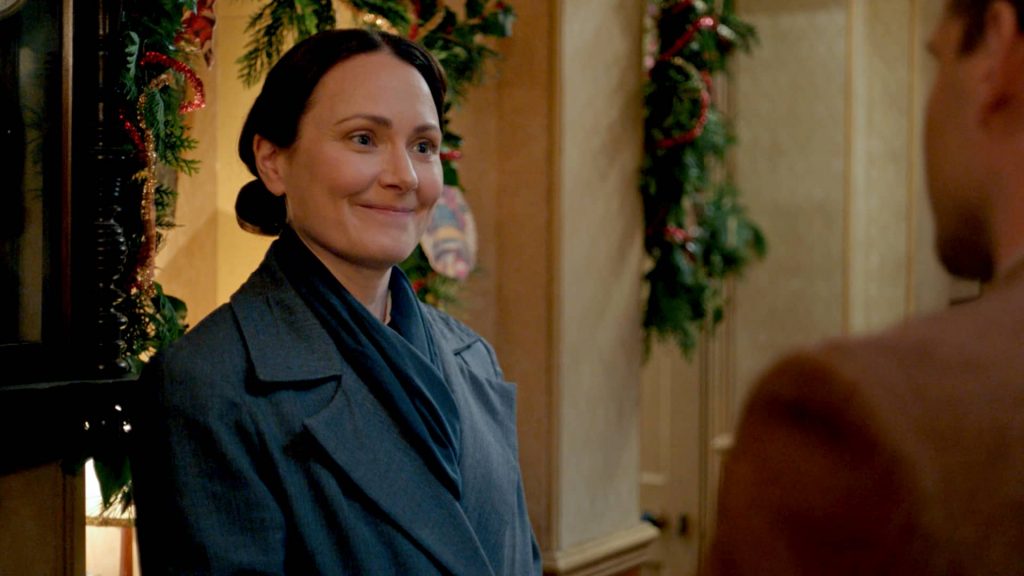
“Mrs. Hall represents those women of the time who did so much and weren’t as recognized for everything they were doing. I think it’s something that a lot of women today could relate to, as well. She’s my favorite character, probably, to write—I just think she’s wonderful.
“It’s not the book’s fault that the female characters aren’t represented as fully as they could be, because James Herriot’s focus is so narrow on the actual vet work—each story feels very much a vignette about another vet story. His focus is kind of there, and we needed to build the rest of the world around those stories for the TV show. So it felt right and proper that we dig into who Mrs. Hall might be, which, again, came from James Herriot’s work, in that you go, “Well what type of character would be able to handle Siegfried and Tristan in that house, and James?” As soon as we started thinking about that, we had this idea that this is an unconventional family of misfits who are brought together, and everyone needs one another in different ways. Mrs. Hall very much needs them, as well—they fulfill a need that she has; she has a lacking in her. So her character was defined by those characters that were already there in the story. We would have to ask ourselves, ‘Why would she stay and work with Siegfried?’ And then that leads to her being a more and more interesting character as we come to understand why she might be there.”
- 2.
Donald Sinclair, the real-life inspiration for the character of Siegfried, was—believe it or not—even more eccentric than Siegfried!

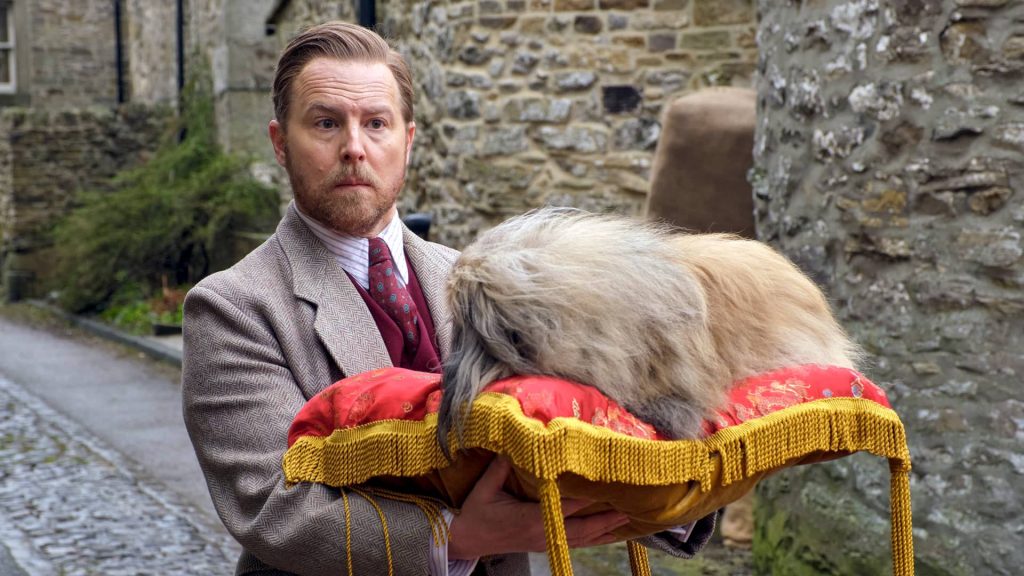
[Alf Wight’s son and daughter, Jim Wight and Rosie Page, shared stories about Donald Sinclair with Ben Vanstone when they gave him a tour of the James Herriot house.]
“Some of their Donald Sinclair stories were just off the charts. They showed me the hole in the wall made by Donald Sinclair—he had people around for dinner and they wouldn’t leave, so he got so fed up, he pulled out a shotgun, and fired it into the wall! Yeah, he just went, [makes a blasting sound] “Get out!” and chased them out. If you were to write it, you’d feel that it’s a bit too much, he’s a bit over the top. And there’s another story I kind of want to get in somewhere, which is that he once took a horse with him to dinner. He was looking after a horse and he needed to keep an eye on it, so he took it with him to dinner at someone’s house, just tied it up by the window so he could keep checking on it, and still have his meal.
“He was an extreme character. He was out there. Jim and Rosie had a few of those stories, which were always great, and they’d always say that their dad played Donald down, rather than up. So they’d always say that he was bigger than the Siegfried of the books. And as soon as you’re told that, you kind of feel released, a little bit, to write Siegfried how you want to write. But can you imagine, a moment where he does that at the dinner table, would be almost a little bit too unhinged for our show.” [Laughs]
- 3.
At the time James was practicing, there were many amateur, unlicensed vets.

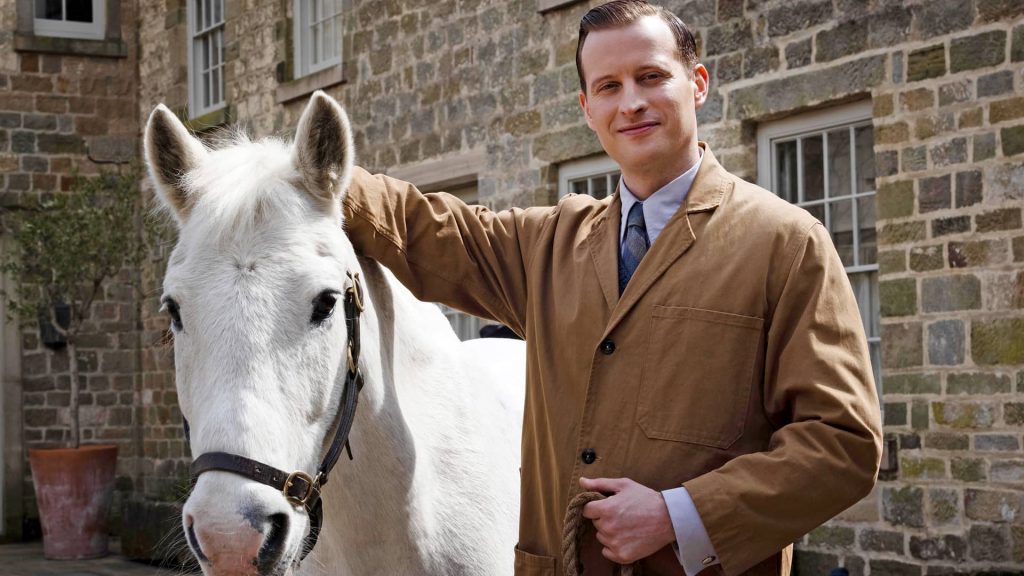
“I was really surprised to find in the books that there were these amateur vets back then. There’s a great chapter in the book where James is brought in to, almost, adjudicate between these two amateur vets—one’s a plumber or something, and another one’s a farmer, and they’re called up by farmers to come and try and sort out their cows. They’re just people who think they’ve got a bit of a dab hand at being a vet. It was surprising to learn that it only became illegal in, I think, 1948 for people to practice on animals without a license.
“It was also surprising to discover just how rudimentary the vetting was, how in the mainstream, with these slightly hokey medicines and ways of treating things, there was still a bit of a mysticism to the vet work. Compared to our world where everything is trialed and tested and regulated, it felt, very unregulated and free.”
- 4.
Changes from the books to the screen are sometimes caused by challenges around animals.

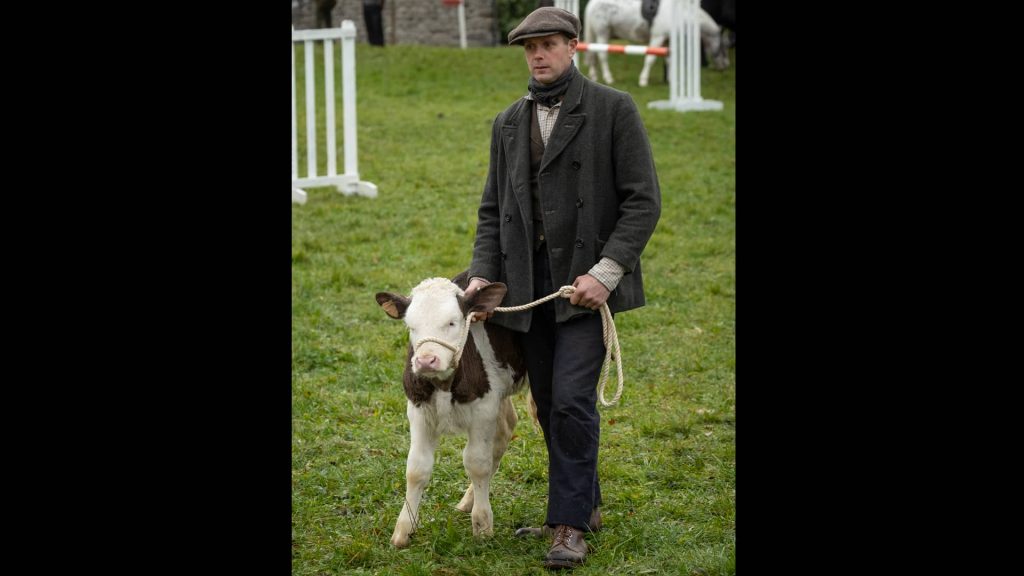
“I always try as much as possible to work from James Herriot’s veterinary stories as a basis for the animal stories. Where we do have to invent or change something a little bit, we’ll speak to Andy [Barrett, on-set veterinary advisor] and say, ‘Instead of a cow, could this be a goat? Because we’ve got too many cows,’ or something like that. We’ve changed cows for calves, and bullocks for calves, because we couldn’t get ahold of bullocks. In Season 1, Episode 3, we changed the sex of the farmer, Calvert, to be a female farmer—in the book that was a male farmer. And we changed her bullocks to calves because…I think I remember that it was because they were too dangerous for the actors to be around.”
- 5.
Pigs are particularly difficult to use in filming.

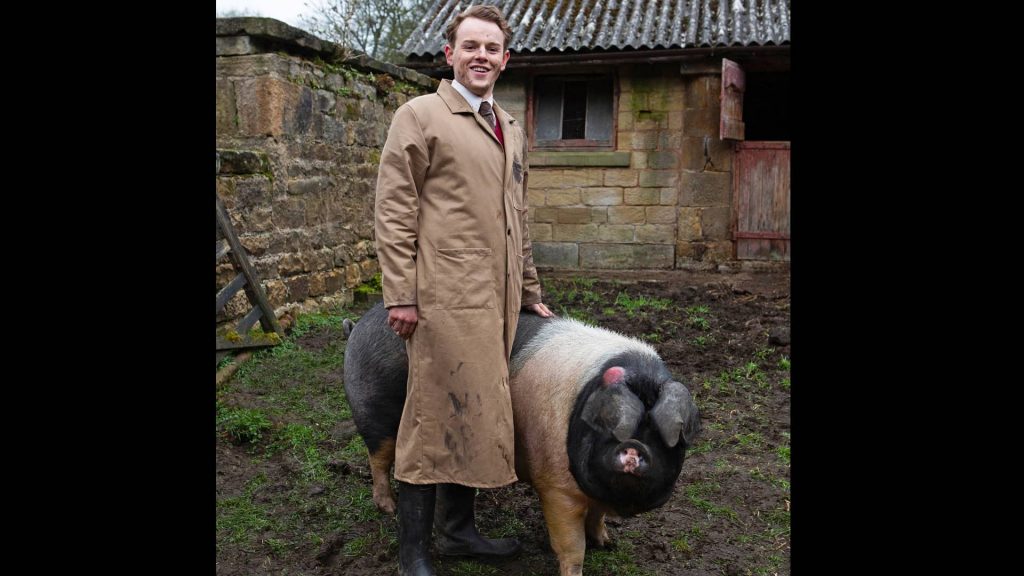
“Pigs are really difficult because we’ve got really strict laws in this country about the movement of animals, following a foot and mouth outbreak in [2001]. And ever since then, there’s very strict rules about going on and off farms, and the movement of pigs. If you take a pig onto a farm, it has to stay there for six weeks, so if we ever took a pig somewhere that needs to be filmed, we would then have to pay for that pig to be looked after for six weeks. It’s a whole number beyond just the days filming.
“And they’re quite scary, as well—they’re big pigs. Putting an actor in with a big pig gets a lot of people very nervous, regardless of how brave/stupid the actor may be, and keen to do it. It’s not a good thing. Buttercup took some getting, and she actually is a really friendly, calm, lovely, sweet pig, which is how we were able to do it in the end. She was a great pig, and fast as well. I love that pig so much.”
- 6.
The production has even had to buy cows and sheep!

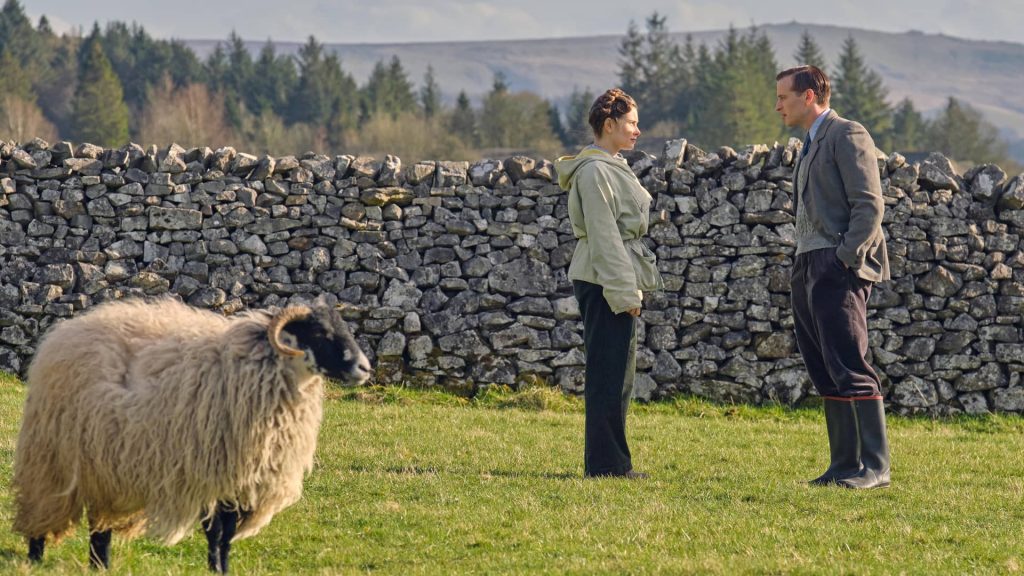
“The practicalities of how we film these things is mind-blowing. To do the calf birth in Season 1, Episode 1, we needed to have three cows that were pregnant, that were all matched. We then had to have a cow that wasn’t pregnant, that we trained to stay laying down. We had a prosthetic cow as well, to do the actual bits where James is going in to pull it out. So we had these three pregnant cows that we set up a studio with, so when they gave birth, we would be there to capture the actual live calf coming out and being born—which we then had to match in with these other cows, both the trained one and the prosthetic one, with those other filming days with James, which were done completely differently. The composition of that shot doesn’t seem like a big special effects piece, doesn’t feel like it should cost loads and loads of money. But to do all of that, to buy the three cows, it ends up being a huge number. You write in a script little more than, ‘James delivers the calf,’ and you don’t quite realize the repercussions. That’s true of all our other births, as well. With the sheep, it was the same— those sheep were really pregnant. And I think we have a flock of sheep that we bought, as well. So it was surprising to me, how difficult this show is to make, and the work that goes on by our production team to make it happen. I don’t think it’s necessarily something that will make people go, ‘Wow, that’s a big number!’ But it really is. To do something small, it becomes very, very big.”
- 7.
Ben Vanstone's favorite animal stories range from the tragic to the comedic.

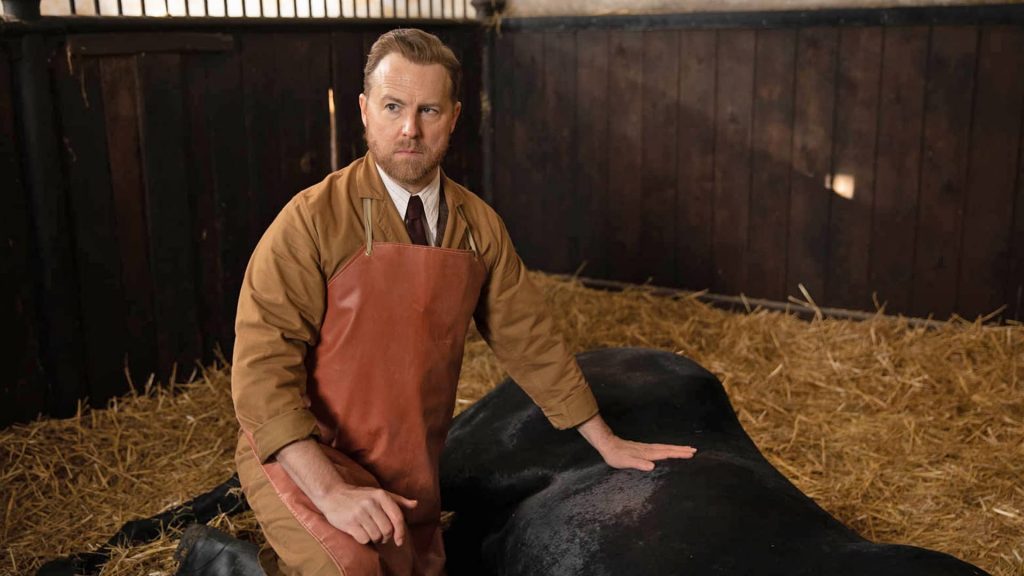
When asked which animal stories were his favorites, Vanstone first cited the story of Andante [Hugh Hulton’s race horse who had to be euthanized] and the budgie who died in Tristan’s hand. When it was observed that the animals died in both of his favorite stories, he replied, “They’re just opposite ends of the spectrum, in terms of the comedy and the tragedy. I enjoyed, just for its silliness in a way, Tristan milking the calf. And also Tristan delivering the calf, just because of what happened when filming—it was the one time that Callum did some filming with a big animal, and it just peed and pooped all over him! He just got covered with it, so that was funny. And I like the lamb birth stories. I thought they were so cute.”
- 8.
There's one story from the books that Ben Vanstone considers almost sacred.
“It’s the story of an old man called Reg, and he can’t afford to pay. And that, for me, is a story that I just feel like it’s sacred, in some way. There’s such simplicity to it, and feeling, and emotion. And every time we look to put it in, it’s almost felt like it’s too easy—it’s almost cheap emotion cause it’s so heartrending. You want to make sure that we really use it at a time that matters. When we get to do that one, I think it is going to be really moving.”
- 9.
There are a few stories that Ben Vanstone can't wait to eventually get to…
“I’m really looking forward to the episode where Siegfried decides to give up smoking. He becomes very evangelical about it, but he’s also, I imagine, having nicotine withdrawal and getting rather stroppy with everyone. I think that’s going to be a fun episode to write. There are other character at moments which I think, down the road, that I’m really looking forward to writing. We know that the story of Edward, at some point, is going to come back, because it’s such an important part of Mrs. Hall’s life that you feel that it, at some point, will come to a resolution of sorts. I think that’s going to be a really interesting one to get to.”
- 10.
Dales residents offered a unified bit of advice for the cast and creators of All Creatures Great and Small.

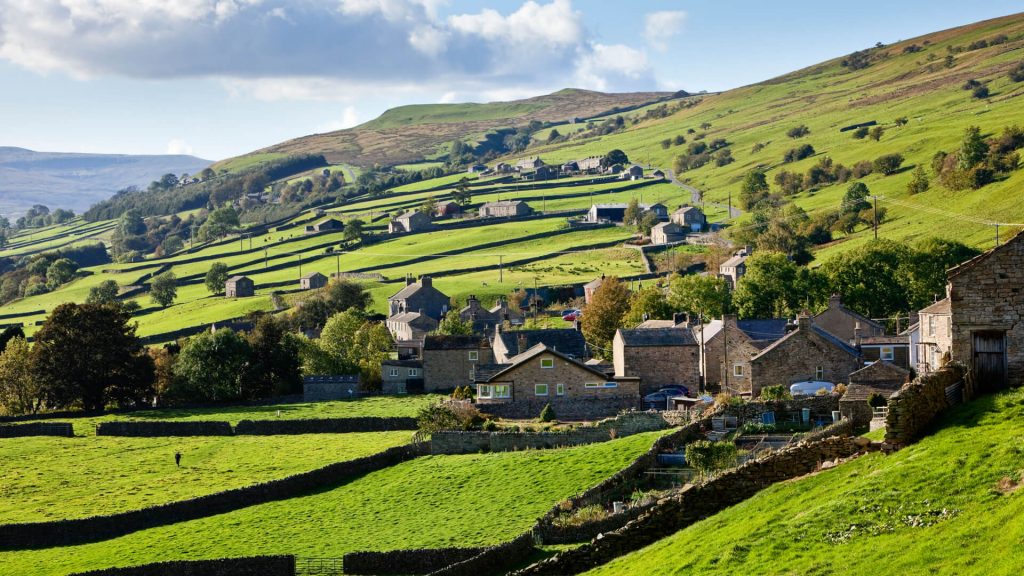
“The first time I went to the Dales was when I started this project, and I loved it out there. I loved it, and I love the people. There’s a flinty honesty to them, and a sense that they don’t really suffer fools gladly, which I appreciate. They could tell that I was southern, but I was tolerated, which was nice. And invariably, I’d have the book out, and be reading the book and jotting down notes, and they’d always be like, ‘What are you up to, then?’ And if you told them, they’d always say, ‘Make sure you don’t mess it up.’ Dozens and dozens of people told me that. And the actors too. Sam West got it a lot, as well. That would be the standard response from everyone, ‘Make sure you don’t mess it up.’ And in general, I think we’ve done alright.”








